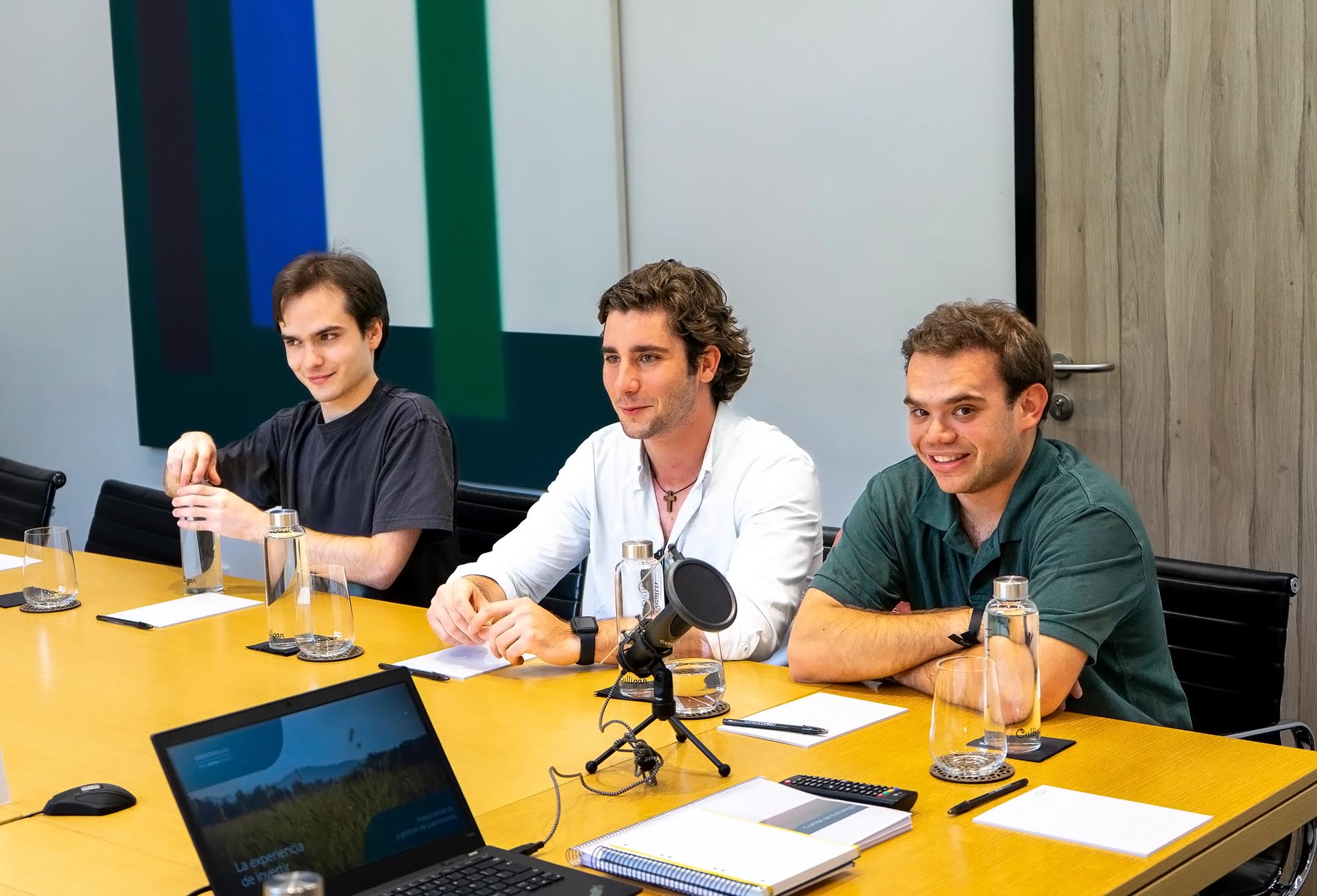By Lola Marks
Professor Esteban Arribas, who teaches International Studies, Global Risk, and The New Europe courses at CIS University, organized several Global Risk Talks Seminars during the spring semester as part of his active learning academic methodology. These seminars brought in practitioners who provided direct insights about working in international organizations, civil society, and multinational corporations.
They were held several times throughout the semester and lasted around 40–50 minutes. Topics included EU migration policy, risk in global business, and corruption as a transnational threat to liberal democracies. Prior to the talks, students prepared two well-researched questions to ask the speakers, reviewed key materials related to the topic, and came ready to engage in debate. They were expected to contribute meaningfully by asking questions, responding to arguments, and to participate actively in the discussions.
The semester’s final two Global Risk Talks focused on NATO’s future role in global security and the Lava Jato case on Transnational Corruption. Both talks significantly deepened students’ understanding of these critical global issues. The NATO talk was delivered by Ruben-Erik Diaz-Plaja, Senior Policy Adviser in the Policy Planning Unit in the Office of the Secretary General at NATO Headquarters in Brussels. Throughout his career, Diaz-Plaja contributed to major NATO strategic initiatives, including the 2022 Strategic Concept, the NATO 2030 agenda, the 2021 Climate Change and Security Action Plan, and institutional reforms. His experience in defense, security, and democratic governance in the Euro-Atlantic region, gained through work with NATO, OSCE, and other international organizations, made the seminar a unique experience that truly shifted students’ perspectives on NATO.
The Transnational Corruption talk was given by Óscar Solórzano of the Basel Institute on Governance–Latin America. An expert in anti-corruption policies, transnational crime, and governance, Solórzano worked extensively on legal and institutional frameworks to combat corruption internationally. His presentation shed light on a decade-long investigation into the largest corruption scandal in Latin American history, the Lava Jato case. This case involved the multinational construction company Odebrecht, which paid bribes to officials to obtain contracts, ultimately creating mechanisms that led to state capture.
“I particularly enjoy seeing students engage critically with guest speakers, asking insightful questions, challenging ideas, and applying what they have learned in class. It’s rewarding to witness moments when theory meets practice, and students realize the complexity of global issues through first-hand accounts,” said Professor Arribas.
The Global Risk Talk Seminars were one of the most distinctive aspects of Professor Arribas’ courses this spring and played a key role in helping students broaden and deepen their knowledge. He consistently demonstrated his passion for the topics discussed in class and worked hard to immerse students in current global affairs by bringing in experts from the field.
